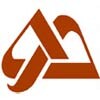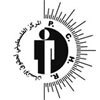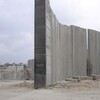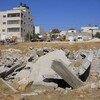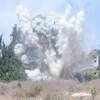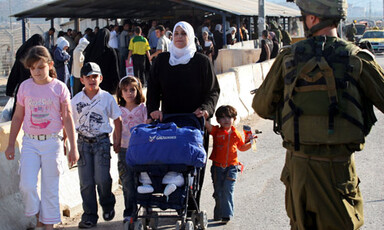
Let our people move
28 November 2006
A little over a year ago, US Secretary of State Condoleezza Rice, Quartet envoy James Wolfensohn, Israeli defense minister Shaul Mofaz, the PA’s Muhammad Dahlan and the EU reached an agreement to allow Palestinians free movement in and out of the Gaza Strip. The Agreement on Movement and Access (AMA) signed on November 15, 2005 promised Palestinians freedom of movement of people and goods. A detailed fact sheet published by the Palestinian Monitoring Group shows that since last year, none of the agreement’s provisions have been fully implemented by Israel. In July, seven Palestinians waiting to be let into Gaza from Egypt died as a result of heat and the absence of shelter. Read more about Let our people move

